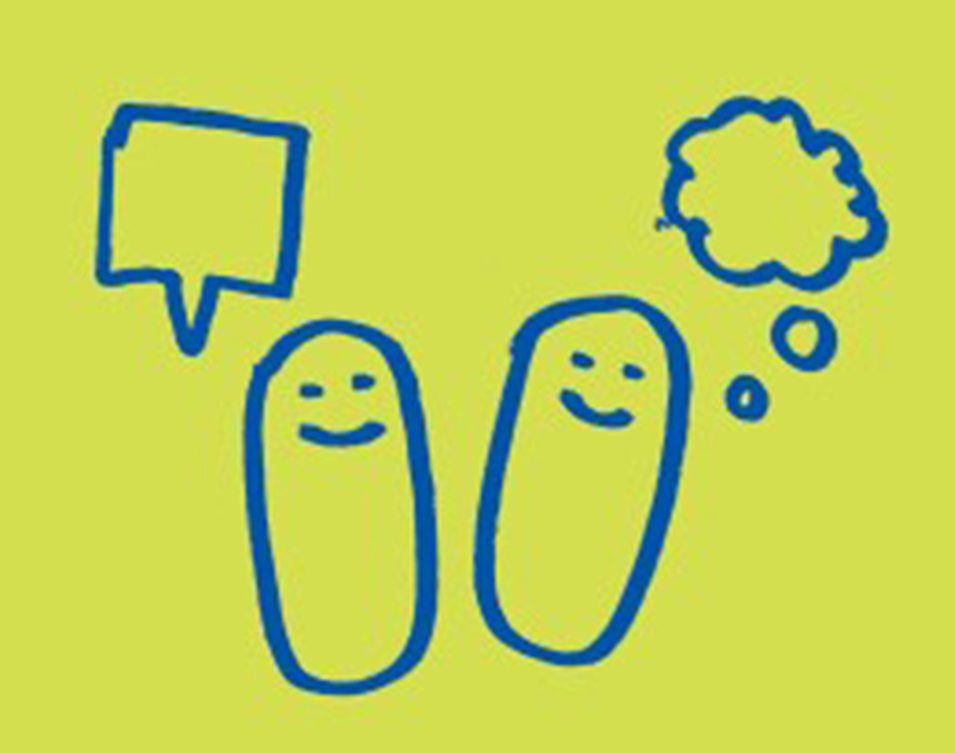TCD Code
Sometimes within our daily lives we see certain things, interactions between other people, and sometimes these interactions can give us an uneasy feeling. These interactions can be anything like:
- your friend making a joke which could be offensive or make you uncomfortable
- seeing your friend, or a stranger, who looks as though they’re too drunk
- or witnessing any type of sexual harassment in public or private
It can be a really difficult decision to intervene in a situation like this, it can be hard to speak out against your peers, sometimes we think that someone else will probably do something, and sometimes the situation seems a little too risky to get involved. These are all valid concerns, and looking after your own safety is the most important thing that you can do.
If you do however, find yourself in a situation where you are a bystander to some form of sexual misconduct, you can follow these steps to try and intervene safely.
Talk

When we talk, we can inform someone in a position of authority that we think that there may be a situation going on which is against our community ethos. This person could be a bouncer, the guards, bar staff, a class rep or sabbat from the SU, a lecturer, a warden, a security staff or any number of others who are in a position of authority.
We can also talk to those around us and ask other people if they think that what we are witnessing goes against community ethos, and if they feel that it might be a good idea for them to cause a pause, and take a step to be an active bystander.
People may choose to use talk when:
- They do not know the people in the situation, or when it is not your place to intervene
- When you are concerned for your safety, or for the immediate safety of others
- They know that one of the parties has a friend or someone present who would be
in a more appropriate position to cause a pause - They are unsure if it appropriate to step in to cause a pause
- And whenever else they feel it is appropriate to do so
Check In

When we check in, we check in with the situation, and the person whom you are concerned for (only if this will not escalate the situation)
People may choose to check in when:
- It is believed that the person is uncomfortable in the situation
- There is an opportunity to make contact with the person whom you are concerned for
- And whenever else they feel it is appropriate to do so
Defuse

When we defuse, we take an active step on a personal level to cause a pause in a situation that we think goes against our community ethos. This causing a pause will take a different form depending on what kind of situation we are dealing with, and who is involved.
People may choose to defuse when:
- They know one or more of the parties well, and they feel it is appropriate to step in and cause a pause
- They are very uncomfortable being a bystander to a situation, and it is safe for them to directly interact
- Other appropriate situations
Watch the video here for examples of how to put the TCD code into practice.

